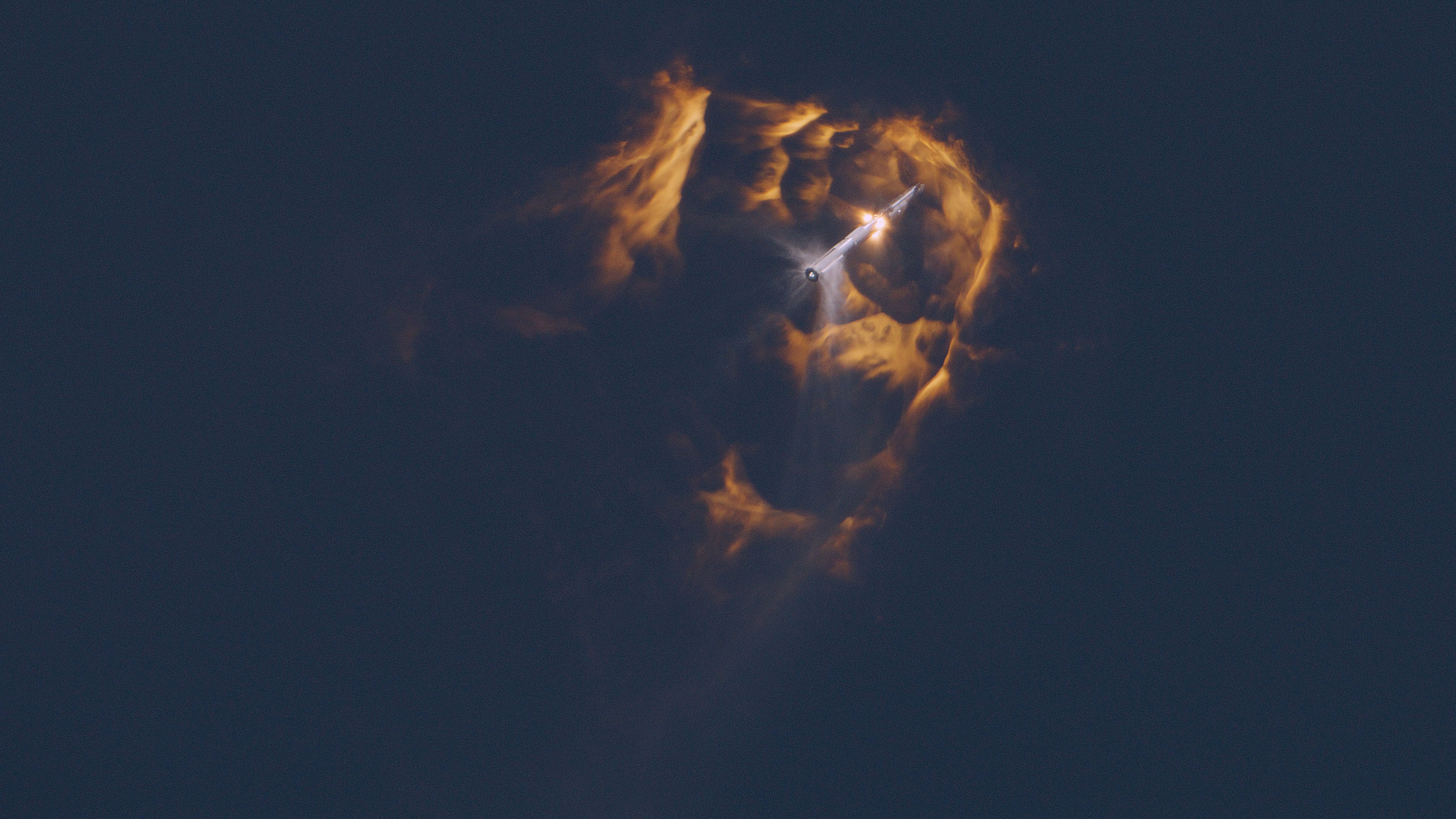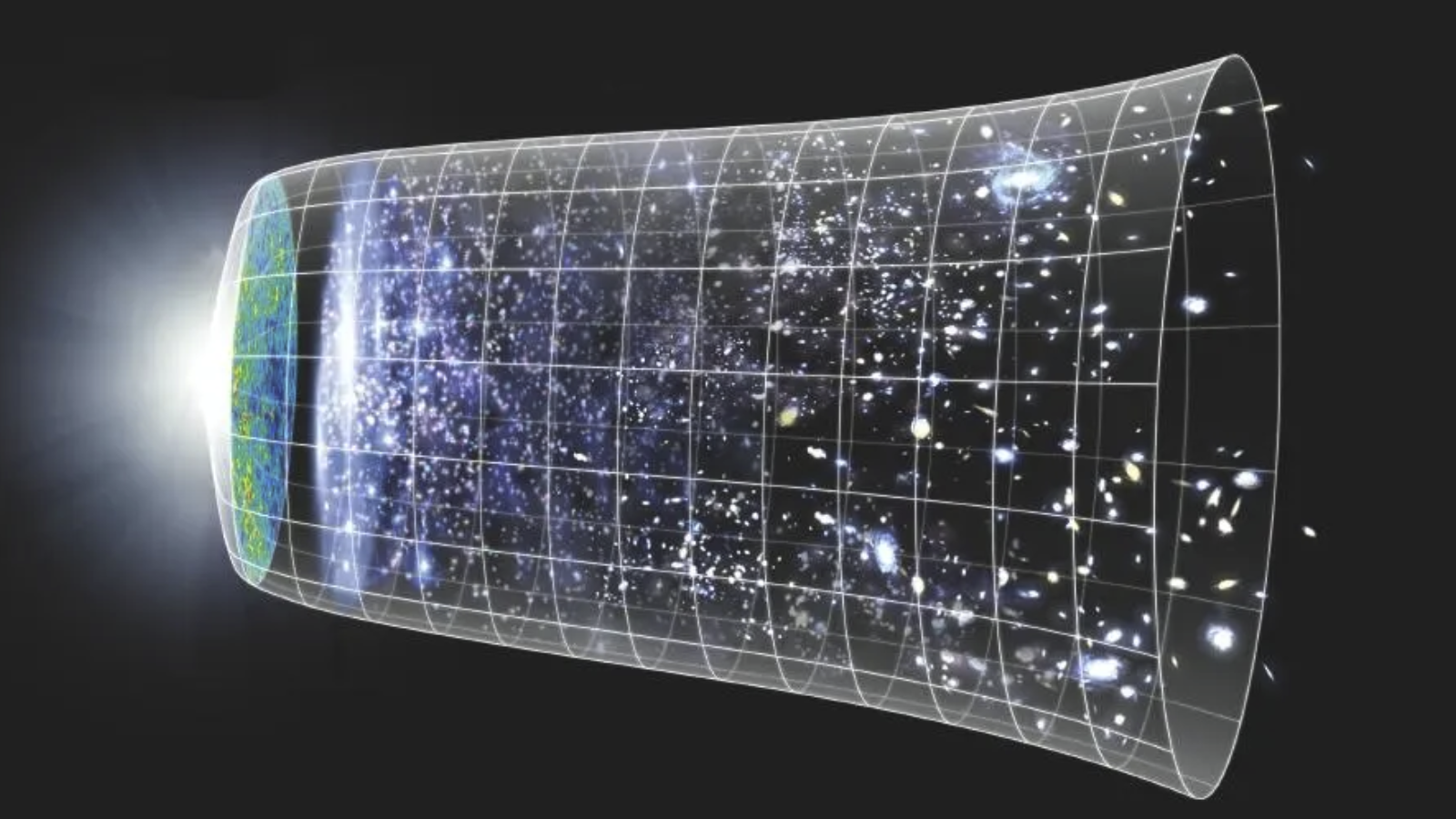FAA's launch mishap investigations need a rethink, government report finds
The FAA oversaw investigations of 49 of 50 mishaps that have occurred during commercial launches since 2000.

Breaking space news, the latest updates on rocket launches, skywatching events and more!
You are now subscribed
Your newsletter sign-up was successful
Want to add more newsletters?
The U.S. Federal Aviation Administration (FAA) should evaluate and improve the way it investigates space launch mishaps, according to recommendations from a government agency.
A Government Accountability Office (GAO) report published on Dec. 7 looks at data from 2000 through mid-January 2023, which show that 50 out of 433 commercial space launches during this time resulted in "mishaps" — a term used to describe events such as catastrophic explosions and other failures.
The FAA has been the lead investigative agency for 49 of the 50 mishaps, the report notes, with the exception being the fatal 2014 Virgin Galactic SpaceShipTwo crash. The U.S. National Transportation Safety Board (NTSB) investigated that incident.
Related: FAA wraps up safety review of SpaceX's huge Starship rocket
Though the FAA oversees inquiries, the agency says it determines if the launch operator will conduct investigations itself on a case-by-case basis. However, the GAO found that, in practice, the FAA has authorized the operator to conduct investigations.
A recent, high-profile mishap occurred in April, when the debut launch of SpaceX's giant Starship rocket ended in a spectacular explosion. SpaceX led that mishap investigation, with FAA oversight. The resulting report called for 63 corrective actions that SpaceX needed to take before being able to apply for a license for its second test flight. The FAA is also supervising the investigation into Starship's second test launch, a Nov. 18 liftoff that ended in a fiery demise and was also deemed a "mishap."
The new GAO report recommends that the Office of Commercial Space Transportation, under the FAA, comprehensively evaluate the effectiveness of its mishap investigation process.
Breaking space news, the latest updates on rocket launches, skywatching events and more!
A second recommendation calls for the FAA to define criteria for when an investigation should be led by the launch operator with FAA oversight or by the FAA itself.
The report notes that FAA officials told the GAO that it relies on an operator-led approach because the agency does not have adequate resources for in-house investigation, given highly specialized vehicle designs among companies. In-house mishap investigations would be "an immense undertaking that would mean investigations would take 10 to 20 times longer, officials told us," the report stated.
The 2022 failure of Blue Origin's New Shepard research flight was also conducted with oversight from the FAA. The company led the investigation, which the FAA oversaw. The NTSB and NASA's Flight Opportunities Program and Commercial Crew Office also had observer status. New Shepard also carries crew for short suborbital flights.
The FAA agreed with Blue Origin's determination of the cause of the incident — a structural issue with a nozzle — and the agency closed the investigation this past September. However, Blue Origin needed to implement 21 corrective actions to "prevent mishap reoccurrence, including redesign of engine and nozzle components to improve structural performance during operation as well as organizational changes," before it could fly again, the September FAA report stated. The company is now preparing for an uncrewed flight scheduled for Dec. 18, some 15 months after the failure.
The GAO report states that the Department of Transportation, the FAA's parent agency, "concurred with our recommendations." The department committed to providing a detailed response to each GAO recommendation within 180 days of the report's issuance.

Andrew is a freelance space journalist with a focus on reporting on China's rapidly growing space sector. He began writing for Space.com in 2019 and writes for SpaceNews, IEEE Spectrum, National Geographic, Sky & Telescope, New Scientist and others. Andrew first caught the space bug when, as a youngster, he saw Voyager images of other worlds in our solar system for the first time. Away from space, Andrew enjoys trail running in the forests of Finland. You can follow him on Twitter @AJ_FI.
